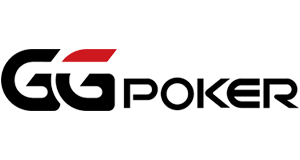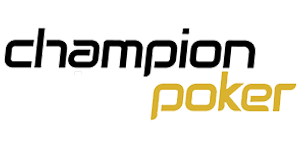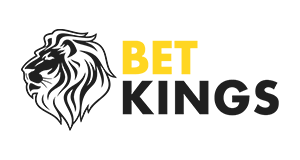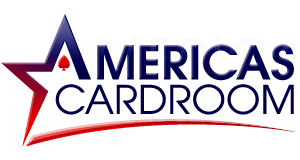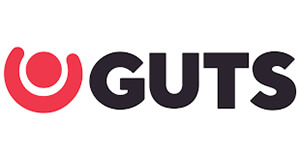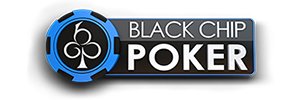In our latest poker strategy article poker coach John “WhatA287” Bradley explains what equity denial in poker is and how to benefit from it.
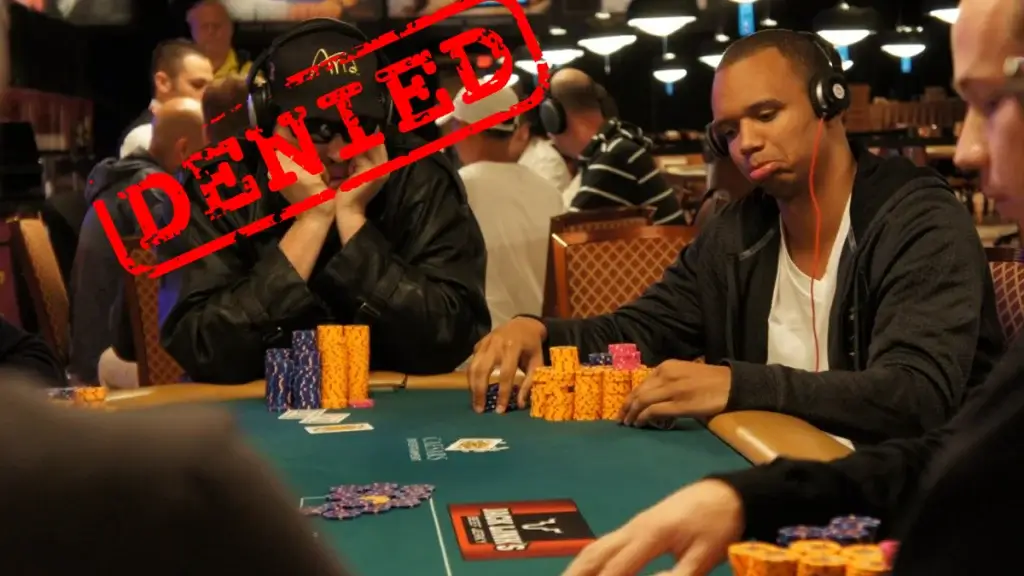
In poker, your hand always has a certain percentage chance of winning the pot, and so does your opponent’s hand.
This percentage chance of winning is termed equity. You can deny your opponent the opportunity of realizing this equity through your actions.
The more you can reduce your opponent’s chance of winning the pot, the more pots you will win, and in this article, you will learn the most profitable ways to do this.
Equity Realization
Whenever you are dealt a hand in poker, you have a certain percentage chance of winning the pot after all five community cards are dealt.
If you have 72o and your opponent has a random hand, across all possible five community card combinations, your hand will win 34.58% of the time.
This can be calculated in an equity calculator such as Equilab:
When you are in this situation with 72o, however, you will likely win the pot a lot less than 34.58% of the time.
This is because, poker is a game which includes betting, rather than simply seeing whose hand is best after dealing all the cards.
Against most bets and raises preflop, 72o is not a hand with enough potential and playability to call, and thus, you do not get to see the five community cards.
Therefore, you do not see whether your hand is good or not at showdown.
None of the potential equity of your hand has been realized.
Equity Denial
Equity Denial refers to making bets and raises which cause your opponents to fold, and thus you deny them the opportunity of realizing their equity.
When making a bet or raise, you are risking chips however, and so the reward of denying your opponent’s equity must outweigh the risk of betting or raising.
Let us look at some situations where the risk is worth the reward.
When your opponent’s range is wide
Preflop and on the flop, your opponent’s range will be very wide and undefined.
It will include many weak hands, which have a lot of equity, but will fold to almost any sized bet.
This is one of the main reasons to raise preflop rather than limp.
If you limp in early position for example, then you allow hands like 72o, Q5o, J3o etc to see a flop from the big blind.
Even if you have AA, these hands will still outflop you a non-zero percentage of the time. So, these hands folding benefits you in the long run.
When your hand is good, but vulnerable
This is most common on the flop, when you have a moderate pair such as in the hand example below:
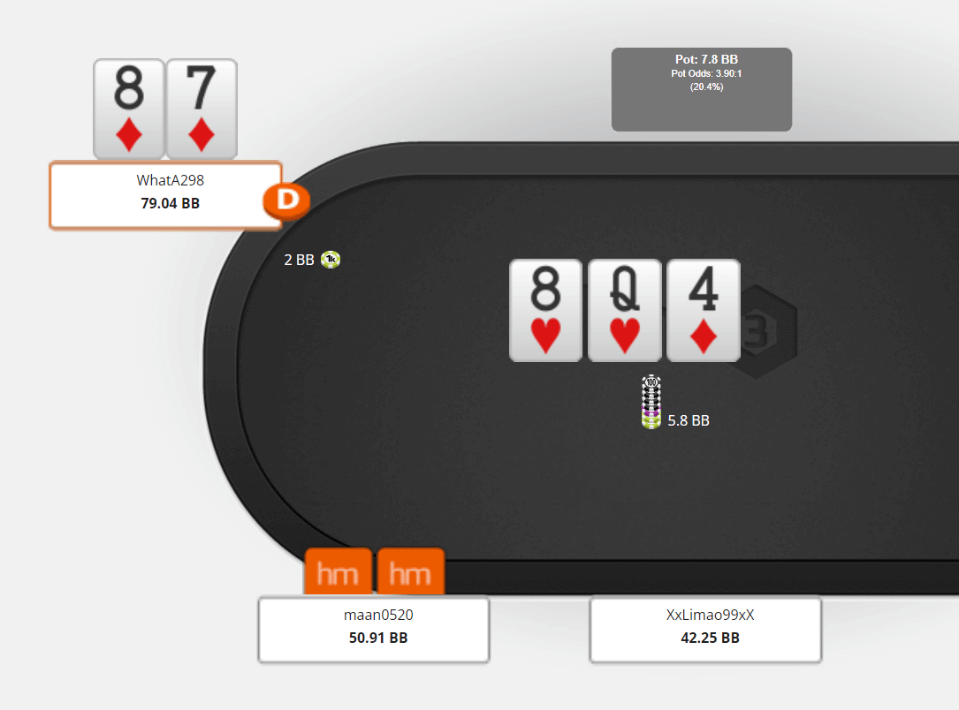
Here, hero raised preflop, the big blind called and hero made a 33% continuation bet.
You can see the equity of 8d7d versus an estimate of the opponent’s range here:
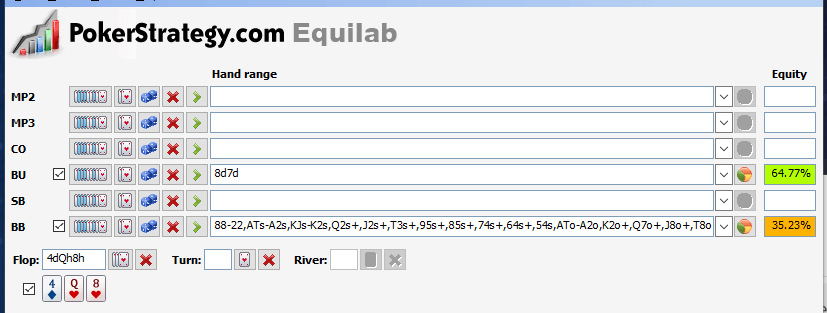
As you can see, 8d7d has a lot of equity versus the opponent’s range.
You can use this fact as leverage to deny the equity of some of your opponent’s weaker holdings.
Even a hand like Ks9s, has 21.92% equity in the pot at this point, and that hand will almost certainly fold no matter how small you bet.
Therefore, this is a great spot to bet all our middling strength hands such as this.
When Out of Position on the flop
When you are out of position on the flop, and you call your opponent’s bet, you give them the opportunity to realize a lot of equity on the turn. They can also see a free river card if they wish.
It can therefore be prudent to check-raise some hands, instead of check-calling, to deny your opponents this equity realization.
In the hand example below, your opponent has raised preflop, hero has called preflop and then faced a very small continuation bet on the flop:
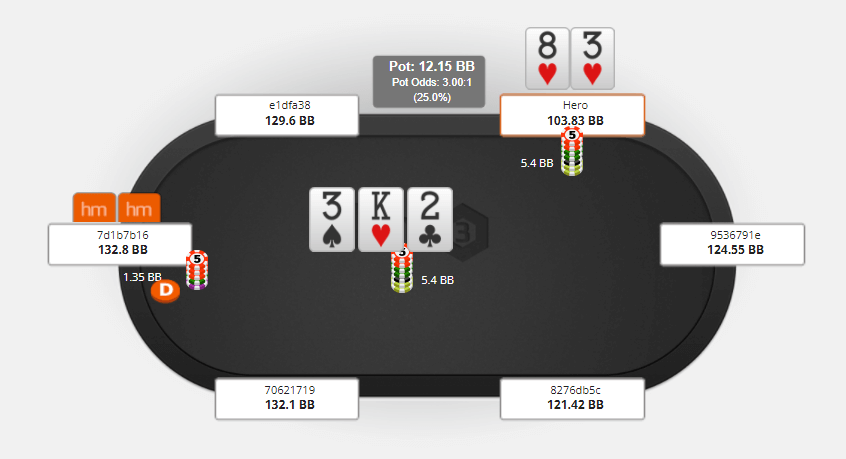
The opponent’s range here will be very wide indeed having opened the button and bet so small on such a dry board. Perhaps including around 40-50% of all possible holdings.
A lot of these hands, are simply continuation betting and hoping to take down the pot cheaply.
These hands will always fold to a check-raise, but if hero calls, they can easily become the best hand on the turn or the river.
Hands which 83 is ahead of such as J9, T7, 76 etc, have around 25% equity in the pot at this stage.
Getting your opponents to fold that amount of equity is quite a victory.
Equity Denial In Poker Summary
There are many ways in which you can generate profits in poker. Pushing your opponents off their equity is definitely a good one, and it is worth remembering that when your opponents fold, you win the pot 100% of the time.
Look for spots in which your opponent’s range is wide, your hand is good but vulnerable, or when you are out of position on the flop.
These times, will be some of the most fruitful times to deny your opponent their equity.
Remain aggressive, always remember the power of equity denial, and you will be winning more money in your games.
Good luck on your poker journey and if you have any questions, please do not hesitate to ask them in the poker coaching section of the VIP-Grinders Discord Channel.
Terms and conditions apply. New customer offer and 18+ only. Please gamble responsibly! Should you require help regarding your betting pattern, visit www.begambleaware.org



